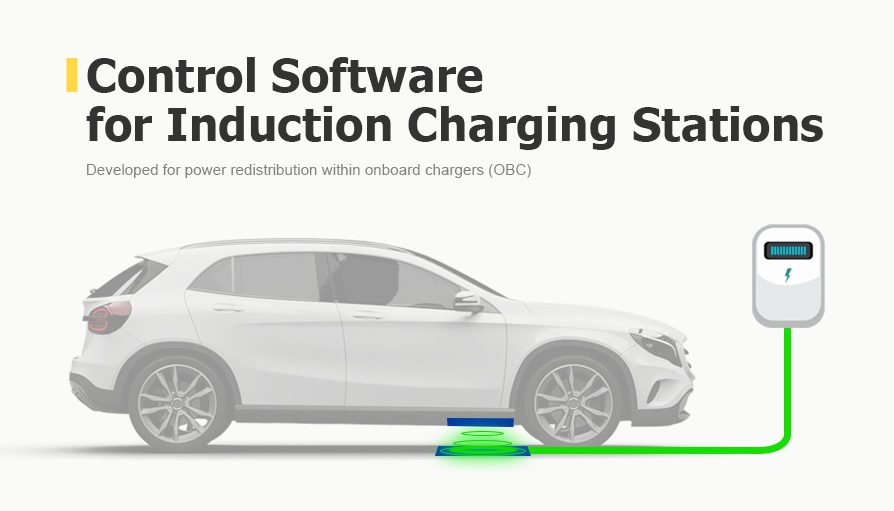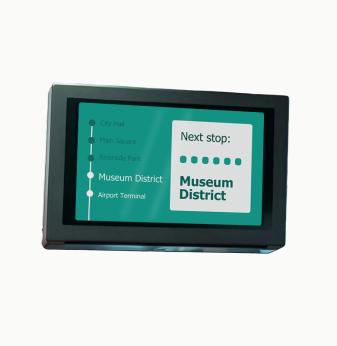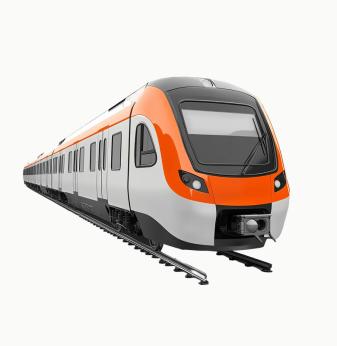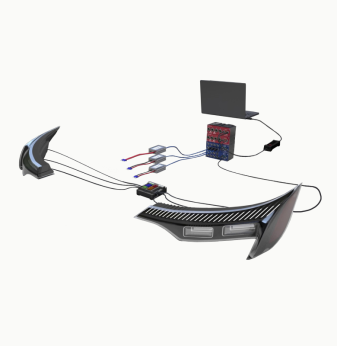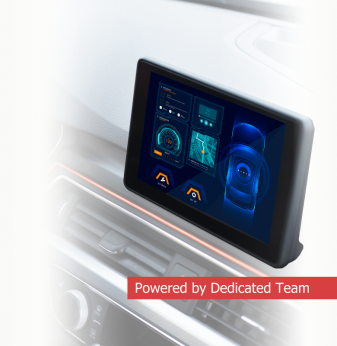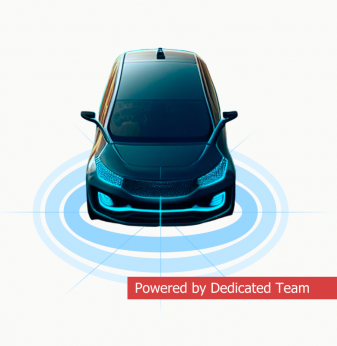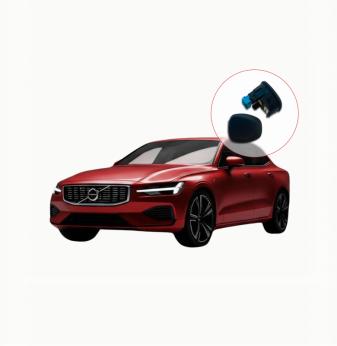Switch Box Control Software for Power Redistribution for Induction Charging Stations
Project in Nutshell: the switch box control software was developed by Promwad’s team to optimise the power redistribution between a vehicle's on-board charger (OBC) and an induction charging station. Our solution allowed the client to improve the functionality of their charging stations, making them more convenient, safe, and energy-efficient for users.
Client
A European developer of wireless charging solutions for electric vehicles.
Challenge
To develop switch box control software for on-board chargers (OBC).
Solution
Our engineers are working on switch box software that redistributes electricity when charging electric vehicles. The need for this solution arose as induction charging stations for electric vehicles entered the mass market for end-users.
The switch box will work as follows:
- The driver makes the connection between the car and the contactless charger.
- The vehicle system recognises whether charging is to be done via a standard plug or induction connector.
- Electricity runs through the switchbox, and depending on the command it receives from the station, the system redirects it to the standard plug or the induction connector.
At the beginning of the process, there must be no interference: parallel charging via a standard connector, ground contamination or module failure. If there is no interference, the induction charger transmits a signal on the CAN bus to switch charging to it.
Most of the control box functionality has now been implemented:
- processing of CAN messages;
- sending a status message;
- switching of power and alarm relays;
- sleep mode activation and exit.
We have also developed drivers for the inductive charging station:
- switching detector driver for relay status signals;
- PP signal monitoring driver (measuring signals with analogue-to-digital converter).
Business Value
More of What We Do for EV Charging:
- Wireless charging solutions: an engineering profile on the implementation of inductive charging projects for our clients.
- Implementation of the Open Charge Point Protocol (OCPP) for charging stations, ensuring their seamless communication with various Charging Station Management Systems (CSMS).
- Converting diesel and petrol trucks to electric motors, transforming existing vehicles into zero-emission alternatives, that contribute to a cleaner and more sustainable urban environment.

